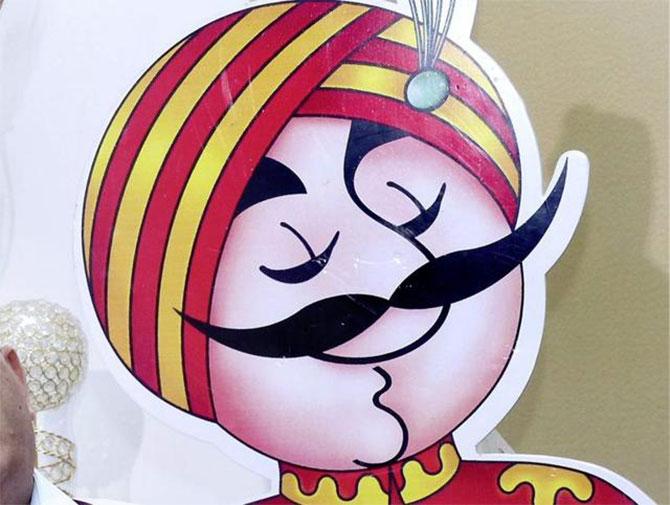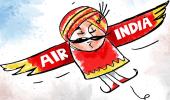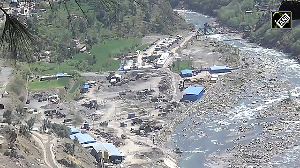Tata Sons' Natarajan Chandrasekaran is an avid marathon runner.

But what his firm has achieved recently with Air India takeover is nothing short of a 100-metre sprint.
Before Chandra, as he is fondly known in business circles, entered Airlines House on January 28 to bring the Maharaja home after seven decades, a team of 30 from Tata Sons and Air India finance wings and their consultants from Alvaraz & Marsal burnt midnight oil for a week, sewing up accounts, ironing out disagreements, and subsequently signing on the dotted line.
“It was seven days of sleepless nights. It was on January 15 that the conditions of closing the deal were satisfied.
"A financial statement was supposed to be prepared as of January 20.
"Initially, the plan was that the Air India team would get 15 days to prepare the balance sheet, following which the Tatas would review it within seven days.
"If there was no disagreement, the handover would take place.
"But on January 23, it was communicated that the government wanted it completed before the Budget session,” said a person involved in the deal.
Air India has a complex balance sheet with multiple subsidiaries, four centres of regional command, and business across 30 countries in the world.
The team, led by Vinod Hejmadi, director-finance at Air India, had the unenvious task of finalising the balance sheet, settling multiple past dues like that of lessors, airports, lenders, and retired employees of the company.
“Many of the lenders and lessors are foreign companies that were on Christmas break until the first week of January.
"In many cases, we had to urge executives to finalise an account between their Christmas break or wake up our employees in different time zones to close an account,” said the person quoted earlier.
Things were a lot more complicated since many of Air India’s departments are not enabled with modern software like SAP (systems, applications, and products) or enterprise resource planning.
On January 24, Hejmadi sent a message to his team to give its best to close the transaction in three days and that it would be required to work on holidays and even do double duty to get the job done.
“It was an extremely complicated deal.
"From the way the transaction was handled, whether it was access to information, management or due diligence, the standards were higher than what we have seen in many private transactions.
"If this is the benchmark the government has set in terms of disinvestment, it sends a clear message to the global investor community that the Centre is serious about conducting its mergers and acquisitions,” said Vikram Uttamsingh, country leader and managing director, Alvarez & Marsal.
A second person involved in the deal said while there was urgency from the government’s side to close the deal before the Budget, the Tatas also wanted to move fast since they were cagey about multiple ongoing litigations.
While shareholders of Devas Multimedia had moved a US court for seizing Air India’s assets to enforce an arbitration award, a workers' union representing over 5,000 employees had approached the Madras high court to stop the divestment process.
“The stakes are high in such high-profile deals.
"A single adverse order from a court is enough to hamstring all the hard work put in. Both sides were eager to close the transaction at the earliest,” said a second person involved in the process.
The Tatas have the know-how to quickly close deals which can otherwise get caught in legal wrangle.
In 2018, on the day the National Company Law Tribunal declared Tata Steel as the winner of the bid for bankrupt Bhushan Steel, Bhushan promoter Neeraj Singhal was planning to file for a stay order.
He did get the case listed for the following day, but the judge did not admit it, deferring it until the following week.
The Tatas used the narrow window of 48 hours to close the deal and take control of the company.
The person who was leading the transaction was Nipun Agarwal, senior vice-president at Tata Sons, who also led the group in its pursuit to bring the airline home after 70 years.
Photograph: PTI Photo












 © 2025
© 2025